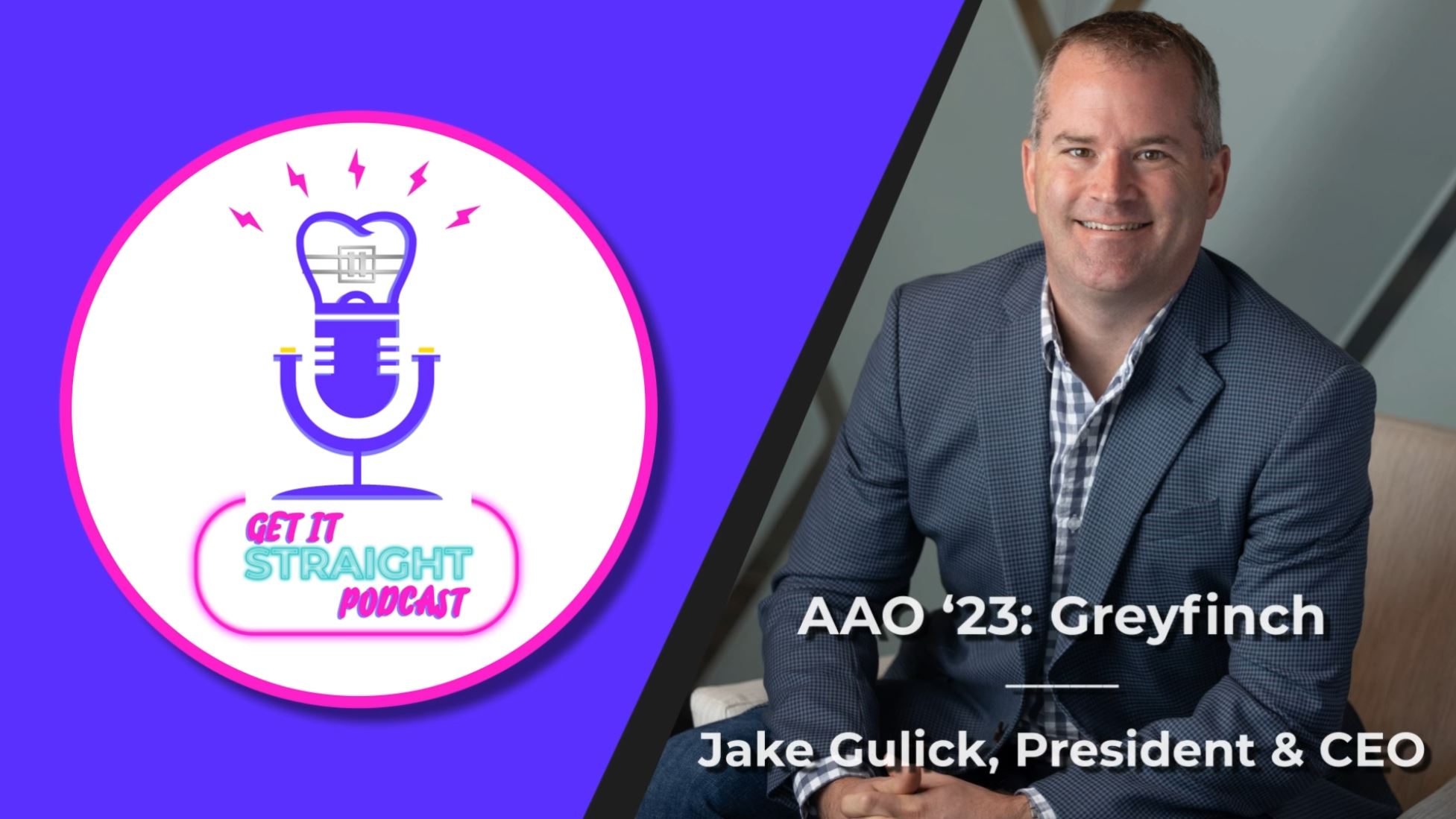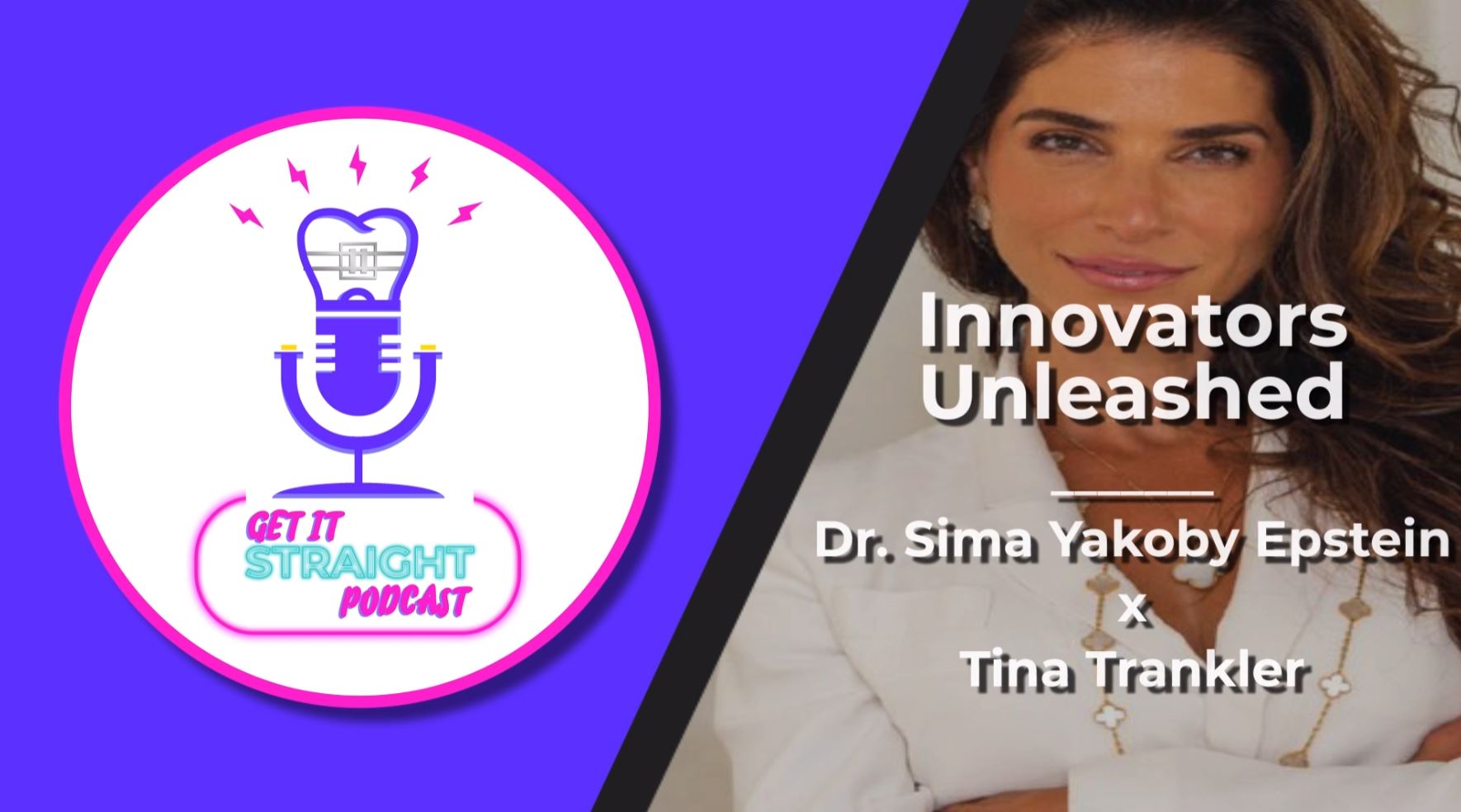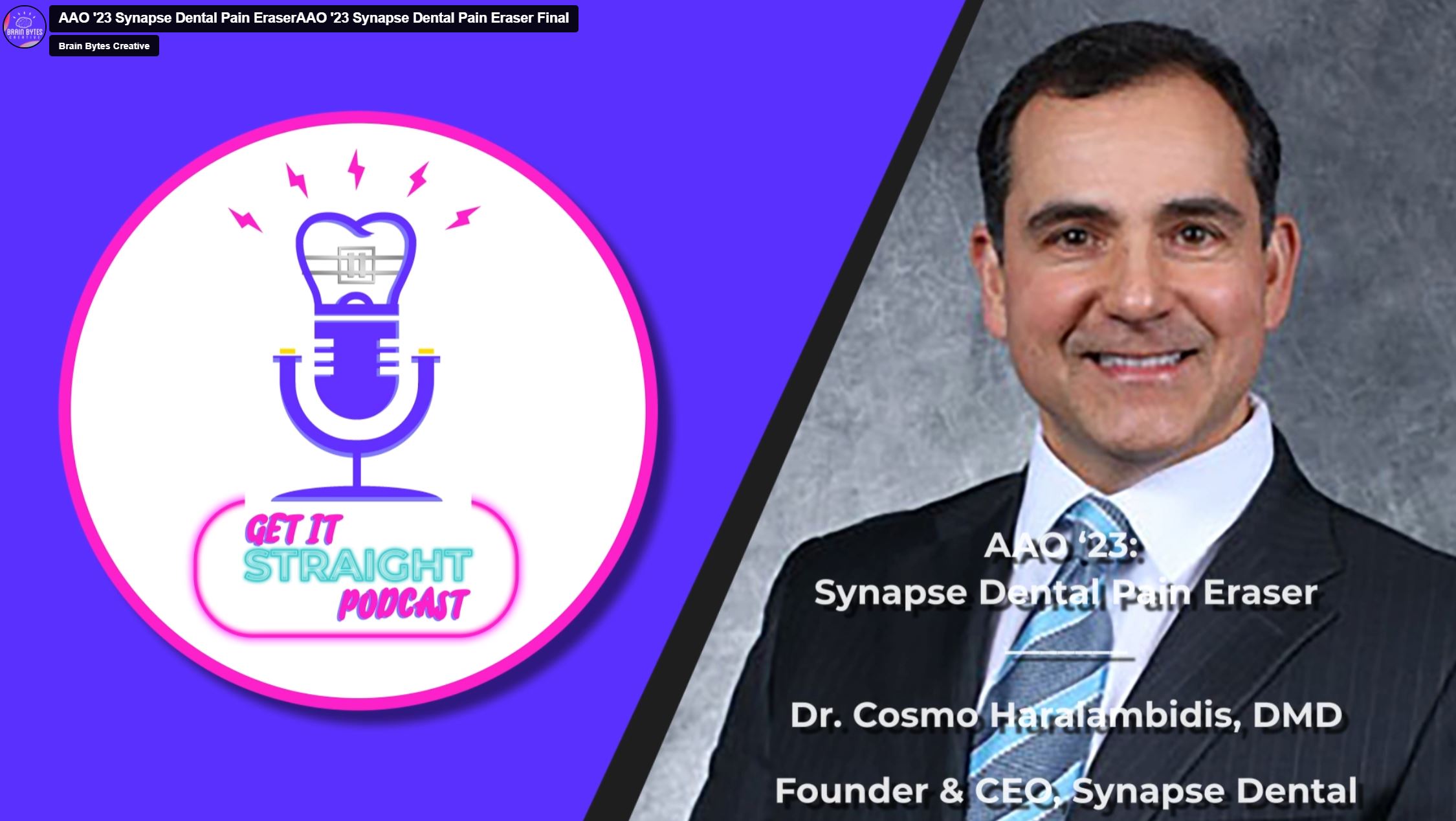For years, marketing professionals have abided by the axiom that content is essential to success. But successful marketing is a moving target. Does this idea still hold true in 2019?
YES! Content is everywhere. A truly massive force in all our lives. It’s reported that 91% of B2B marketers use content marketing! But still, so much content marketing is just… really bad. People fail to market themselves or their products because of bad content all the time.
No one tries to make terrible content, so we have to assume that most people just don’t know how to do it right. Making good content, it turns out, is hard. But when it’s done right, the ability to create good content is the most valuable skill a company can have.
So my goal is to parse the details that separate good and bad content so we can see the impact of great content, and understand what bad content is, and why it fails.
What is content?
There’s a good chance you see the word all the time, but what does “content” really mean?
The Oxford Dictionary defines it as, “The material dealt with in a speech, literary work, etc. as distinct from its form or style.”
To use an analogy, “content” is the wine in a glass of wine. The glass represents the form or style. You could use any type of wine – or something else, I’m not judging – in any glass. Whatever’s in the glass is content.
You might have a really nice glass, but bad wine. You might fool some people, but your bad wine won’t catch on like a good wine. To really become a hit, chances are your good wine is going to have to be served in the right glass, at the right time. This is the content that often “goes viral.”
What does good content look like?
“Good” is a subjective term. Content doesn’t have to be tied to a quality product to be good content. The content provides the story of a product, but you can have a good story without a good product. To refer back to my wine analogy; a really good wine can sell even if it comes in an ugly glass.
Beats by Dre are a pretty perfect example. They aren’t good headphones. Yet, they are insanely popular and cost a ton of money. Why? Because
consumers buy into the narrative surrounding them. The success of the headphones is built on their brand story – you’re not buying headphones, you’re buying Dre.
So what’s the message? People are fickle and content is just a strategy to manipulate them? No. The message is it’s often easier to engage consumers with a story than it is with a list of qualities.
But it can’t just be any story. It needs to be a story that relates to people’s lives. The secret to successful content is predicting what kinds of stories people are looking for, and linking them to your brand.
How do I know what content people want?
How do we figure out what stories people are interested in? The same way as almost all our other questions: Google. It’s impossible to totally ignore other search engines, but Google holds the largest search engine market share overall, and dominates the market share with regard to mobile devices.
How many Google searches does that equal worldwide? Try 3.5 billion per day, and 1.2 trillion per year. That’s a lot of searches, and a lot of questions to answer.
The searches we make, and the questions we ask Google reflect our interests and desires. If there’s a question about any topic worth asking, someone has asked Google, and if the question is worth asking, it’s worth answering.
When you know what people are asking about, you can be the one who knows the answers, and that’s the basis for your content. The questions could be anything! What’s the healthiest dog food? What’s the most popular movie right now? What kind of headphones does Dr. Dre use?
Become an expert in an arena about which people are asking questions, then produce content that answers those questions. If you find that no one’s asking the questions you’re answering, then you’re either 1,000 years ahead of the curve, or you’re wasting time creating bad content.
I’ll let you decide which is more likely.
So, Google is the key to content creation?
It’s certainly a major factor. Google has changed the way companies interact with consumers. They’re increasing the value placed on answering queries as content by enabling companies to answer questions with specificity, good timing, and, as a result, gain fluency with the public.
Specificity
The internet allows marketing to be specific. Very specific, and in a couple of ways. First, companies can use Google to look at your posts and your searches. They populate your Facebook page, your Reddit account, and your Instagram with information they think you’re most likely to want. Are you a baseball player? There’s an ad telling you what the best new glove on the market is. Maybe you are looking for a new glove, maybe not. But either way, that ad is targeted at you based on queries you made.
Second, when your company has developed a lot of content–writing, video, or otherwise–on a subject, there’s more chance that someone with a question will find that answer they’re looking for when they come to your site. For the consumer, that’s a satisfying end to the story of their journey to find an answer to their query, and your company helped them get there.
Good timing
A relationship forms between a consumer with a specific question, and the company with content that enables them to quickly answer that query in search. Consumers feel that the company is both knowledgeable and, thanks to their fast answer, attuned to the searcher’s needs. They feel the company relates to the issues they care about. Cultivating these relationships is the mark of a successful company.
Trust
Basically, when a company provides timely and specific answers to queries, they prove themselves as the authority on that subject. Every time a person has a query about that subject, they trust the company with the best content to provide the answers.
That brand becomes synonymous with customer satisfaction.
How do we separate good content from bad?
Content may be vital, but you want to be able to pick out what works and what doesn’t.
The marks of bad content
Bad content means you’re telling stories no one cares about, or making them difficult to access. You might be spouting answers to questions no one asked, yelling facts into the endless void of the internet. It’s also possible you’re providing a service no one wants. Remember when Apple decided to put U2’s new album on all our iPhones without asking? People were annoyed. They never asked if they could download U2’s new album for free, so when it happened anyway, it felt forced and unnecessary.
Identifying good content
Easy. You’re talking about it, or your friends and coworkers are. Good content makes up so many of our conversations because it’s relevant to public interests. The most popular, most relevant content becomes part of our culture. This can happen when marketers successfully identify a gap and fill it.
Case in point, this World Series ad that Budweiser aired right after the Chicago Cubs won for the first time in over one hundred years. Their broadcast announcer, Harry Caray, had been with them for a lot of that time. Unfortunately, he died before the team finally won. Budweiser figured that Cubs fans would want to hear their iconic announcer call the end of the game, so they found a way to make it happen. People loved it. It was heartfelt and unexpected. That kind of timely, well-thought-out content builds a kind of favor that companies can’t generate any other way.
Quality content
Budweiser didn’t force their content. They put it out there, believing it would be successful because they worked hard to find “the right moment, the right opportunity.” And they did.
In 2019, content marketing is ridiculously important, and it’s only going to get more important. The internet gives companies the tools they need to make their marketing more individualized, more applicable, and probably more effective than ever before.
Still, don’t think that creating great content is easy. It takes work, timeliness, and sometimes a bit of luck. There is so much content out there. Capturing attention can be near impossible even when you have a great story to tell.



